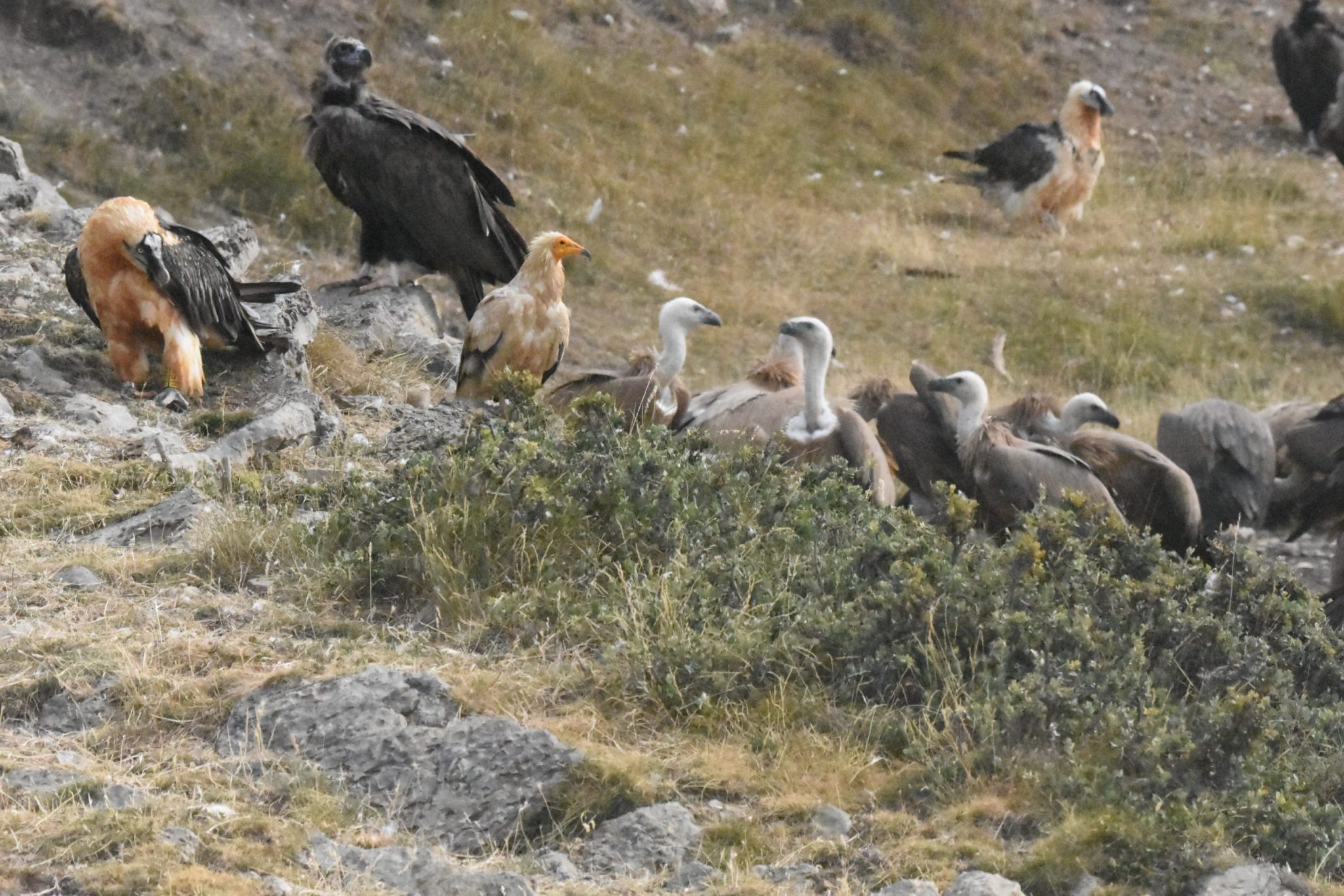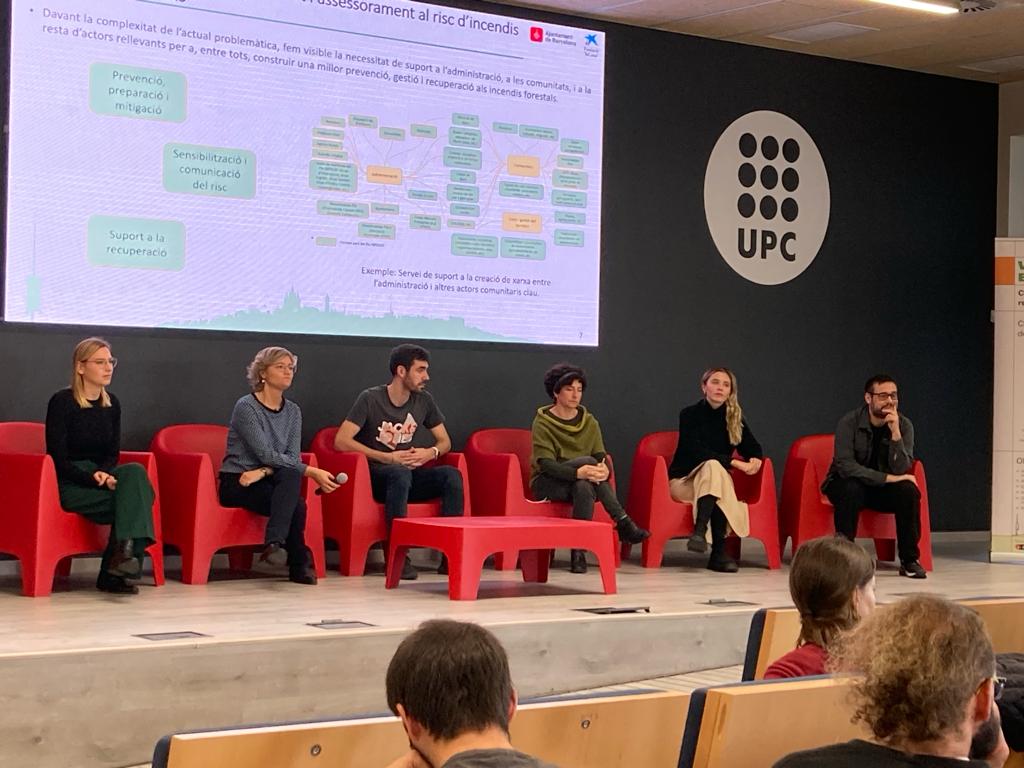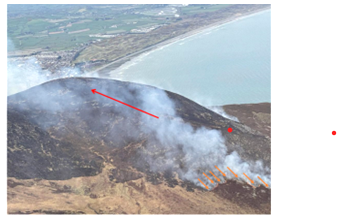Resilient Landscapes and Societies
Analysis of landscape, social and cultural factors to propose strategic management actions, to create landscapes and societies adapted to wildfires
Ramats de Foc
During 2023 we have continued consolidating the prescribed silvopasture project “Ramats de Foc” (Fire Flocks), a project in its expansion phase that enhances the contribution of herds in fire risk management, through grazing in strategic forest areas.
The evolution of the project continues to be very positive, having consolidated participation in the province of Girona. In 2023 the project opened to the rest of the regions of Catalonia, particularly to the Prades Mountains (Tarragona) and the Baronia de Rialb (Lleida). Moreover, after a participatory process, the project´s strategy and regulations for the use of the “Ramats de Foc” brand were implemented.
Financial support was received during 2023 from the Fundació Caixa d’Enginyers, the Diputació de Tarragona, the Diputació de Lleida, and the Fundación BBVA. Likewise, the project received financial contributions from rounding campaigns (Correos, Bonpreu, Vienna Restaurants) and the Sonar Festival. See the collaborating entities of “Ramats de Foc” here.
Image for the Sonar Festival campaign
In addition, during 2023 the project had a very active role in the organization, communication and development of activities during the “Camí Ramader de Marina“, a transhumance route that shepherd Daniel Giraldo walked with his goats. This activity was aimed to highlight the environmental, cultural, social, patrimonial and wildfire risk management impact of transhumance.
“Ramats de Foc” brings together all public and private agents interested in the continuity of pasture in forest spaces, bringing their needs together, articulating a chain of production and consumption of food from herds that provide added value in the prevention of fires in strategic forest areas, which are defined by firefighters and/or other agents.
With “Ramats de Foc”, shepherds bring their flocks into forest areas with the objective of controlling the undergrowth. By purchasing products with the “Ramats de Foc” seal, consumers contribute to keeping local extensive livestock and Mediterranean forests alive.

Other projects and technical contracts

Wild Pre-Pyrenees
Period: 2023-2025
Funding: Endangered Landscapes and Seascapes program
Coordination: Pau Costa Foundation
Web page: Wild Pre-Pyrenees
The objective of this project is to develop a plan for the restoration of biodiversity and absent and degraded ecological processes in the area of the Western Catalan Pre-Pyrenees. The project analyzes the feasibility of recovering key processes such as a sustainable fire regime (combining prescribed fires and controlled fires), the functionality of herbivory (combining domestic silvopasture with large wild herbivores), the dynamics of river networks and floodplains, the prevention of conflicts with wildlife or scavenger management (naturalization of food sources). The result will be proposals to increase the resilience of the landscape to climate change and promote economies based on the regeneration of natural capital (regenerative agriculture, ecotourism or crafts).

GO INTERFAZ
Period: 2021-2023
Funding: Fondo Europeo Agrícola de Desarrollo Rural (FEADER) and funds of the Administración General del Estado (AGE)
Coordination: Fundación Cesefor
Web page: gointerfaz.es
The GO INTERFAZ project seeks innovative strategies for fire risk management in urban forest interface areas. The Foundation was in charge of managing the case study of Calonge (Girona), to implement interface maintenance methodologies. We also led the development of silvopasture as a fire prevention tool in strategic areas.
In 2023, the project was successfully closed, defining the methodology for the implementation of herds in interface areas, to reduce the risk of fires in urbanized areas. This objective involved generating results as a business plan for livestock farms interested in the tertiary sector (payments for fire prevention).

WUICOM-BCN
Period: 2021-2023
Funding: Ajuntament de Barcelona
Coordination: Universitat Politècnica de Catalunya (UPC)
Web page: project’s description
WUICOM-BCN, Fire Resilient Interface Communities of Barcelona, is a project that aims to carry out a holistic analysis of fire risk in the wildland-urban interface of Barcelona. The project focused on the detection of social, ecosystem and infrastructural vulnerabilities to then develop specific strategies for the city. The objective was to increase resilience and awareness about fire in the most vulnerable neighbourhoods in Barcelona through the implementation of self-protection actions (protection strip at the interface, clearings in undeveloped plots, use of virtual reality to raise community awareness and the creation of working groups between local authorities and neighbors).

Wildfire Risk Awareness Good Practice Note
Period: 2023-2024
Entity: DG ECHO
Together with the Forest Sciences Center of Catalonia (CTFC), a collection and analysis of good practices in fire risk awareness is being developed, focused mainly on Europe, but with examples from other international countries.

Technical assistance for the applicability of alternative solutions for the urbanization of River Park (Pont de Vilomara, Barcelona)
Period: 2023-2024
Entity: Diputació de Barcelona, Ajuntament del Pont de Vilomara i Rocafort
In 2022, the River Park development suffered a large wildfire that directly impacted the community, causing multiple damage to properties. After the fire, the Pau Costa Foundation, at the request of the city council, created a working group made up of Firefighters, Fire Prevention Service, Rural Agents, Civil Protection, Aigues de Manresa, UPC, MEDI XXI, City Council and Diputació de Barcelona, to assess the applicability and impact of potential alternative solutions to reduce fire risk in River Park and other similar developments.

Analysis of fire management in Argentina
Period: 2023
Entity: World Bank
The objective of this analysis was to develop a rapid assessment of the wildfire management system and practices in Argentina in comparison with the best international practices in fire management, and thus identify short and medium-term political, institutional and financial actions that are necessary to promote integrated wildfire management within the federal system of Argentina.

Wildfire risk analysis in Slieve Donard, Northern Ireland
Period: 2023
Entity: National Trust
At the beginning of 2023, we collaborated with the National Trust, owners of a farm in Slieve Donard (Northern Ireland), to carry out a study on the regime and risk of wildfires in Slieve Donard, considering different climatic and management scenarios.
